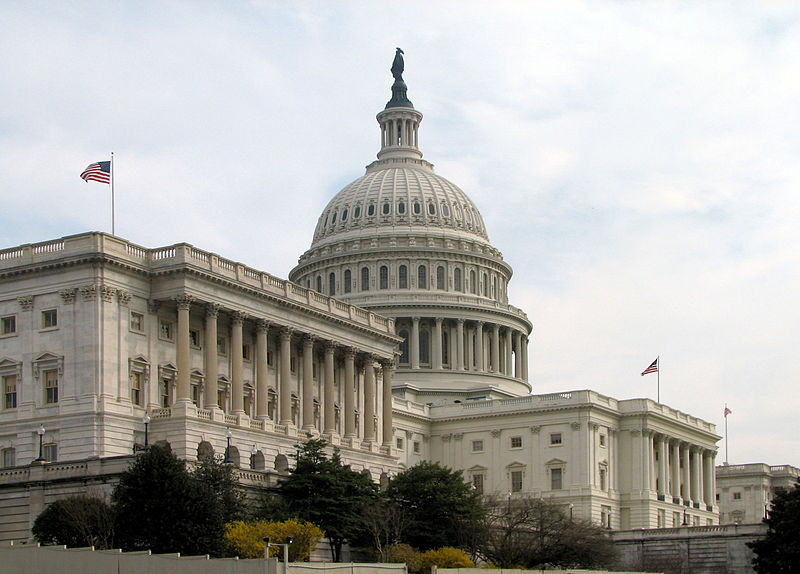PennDOT Asks Drivers to Take On Line Survey
PennDOT is asking drivers to give it some feedback, asking people to take a few minutes to fill out an on line survey focusing on highway safety issues. It’s an effort to gauge how drivers feel about enforcement, drinking and driving, seat belts, motorcycles, distracted driving and other issues.
Erin Waters, a spokeswoman for the Pennsylvania Department of Transportation, says the survey has about 19 questions and can be completed anonymously. She says it should take less than five minutes to complete. The survey is available until July 30th and can be found at www.DriveSafePA.org.
Waters says the state is required to get feedback by federal safety officials, but PennDOT also wants to learn whether people are wearing their seatbelts, if they think they’ll get caught if they speed and how people feel about safety and educational messages, as well as other factors.
Waters says the input could help PennDOT prioritize enforcement and tweak its educational focus.
More than 3,800 people responded to the survey last year. Waters says people indicated they were wearing their seatbelts and more than 70% of motorcyclists reported wearing helmets and safety gear.













